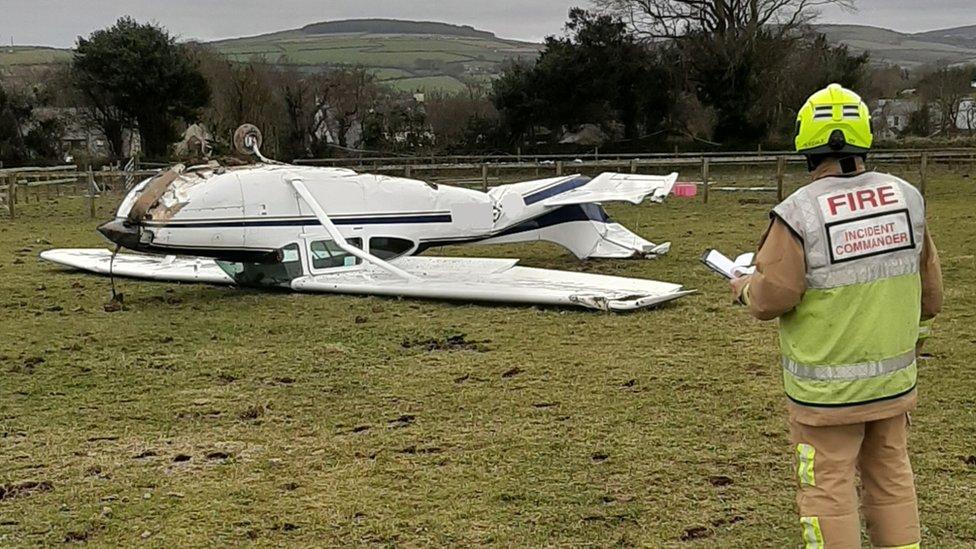Glider too low before fatal crash in Cheltenham, report says
- Published
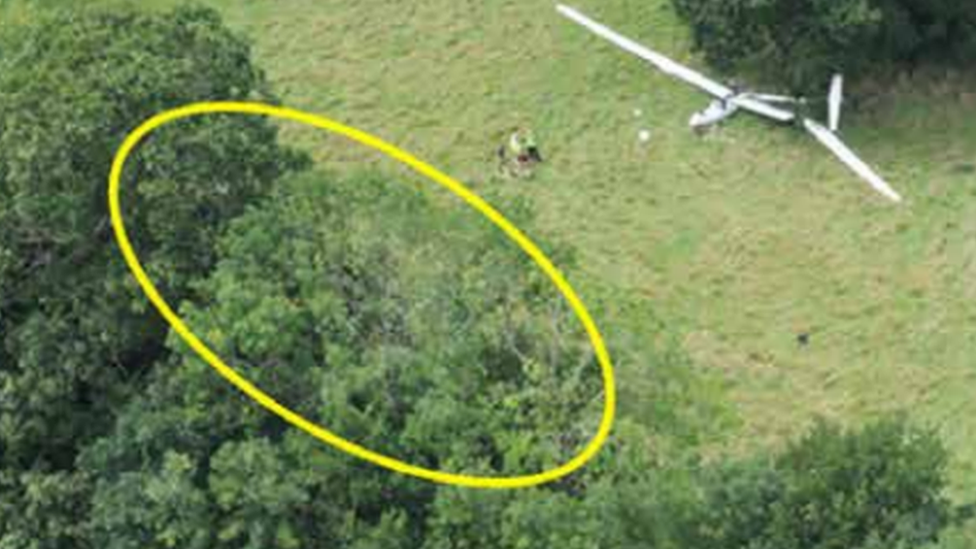
The glider clipped trees (highlighted) before crashing to the ground
A glider was being flown too low when it hit trees and crashed, killing its pilot, an investigation has found.
Kenneth Lloyd, external, 91, died after the glider came down in fields in Cheltenham, Gloucestershire, in August.
A passenger sitting behind Mr Lloyd sustained minor injuries and was able to walk away from the accident.
The Air Accidents Investigation Branch (AAIB) said it could not say, external to what degree Mr Lloyd's age was a factor in his decision making on the flight.
Following the accident, the British Gliding Association (BGA) started a consultation process with clubs to develop policy and guidance for any pilots who "might benefit from flying with a safety pilot" or giving up their PIC (pilot in command) status.
Mr Lloyd and his passenger were taking part in a time and distance challenge from Dursley, Gloucestershire, to Broadway, Worcestershire.
Their glider was launched behind an aerotow tug from Aston Down Airfield, near Minchinhampton, Gloucestershire, just before 12:00 BST on 26 August.
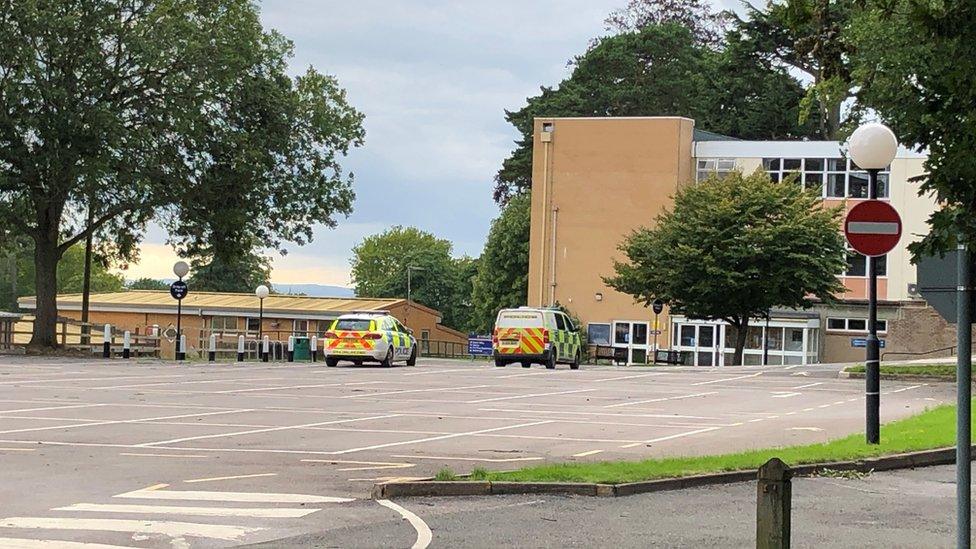
The glider came down near St Edward's Preparatory School in Cheltenham on 26 August 2020
During the flight, the glider experienced "significant sink" and the passenger became "increasingly concerned they were too low" to continue, the report said.
Mr Lloyd, who had 6,007 hours of flying experience, tried to start the glider's engine near Charlton Kings but the passenger said its speed was "slower than ideal".
Though the engine was "turning over", it did not "fire up" as the glider headed towards trees near St Edward's School and a residential area nearby.
CCTV showed the glider hitting the tops of trees, pitching steeply upwards before falling, nose-first, to the ground.
A witness and his wife, a nurse, tended to the two men but a paramedic declared Mr Lloyd dead at 12:36.
The AAIB said "failing to recognise when they are approaching the point of no return for continued safe flight...is a constant hazard" for all pilots, regardless of their age and experience.

Follow BBC West on Facebook, external, Twitter, external and Instagram, external. Send your story ideas to: bristol@bbc.co.uk , external
- Published27 August 2020
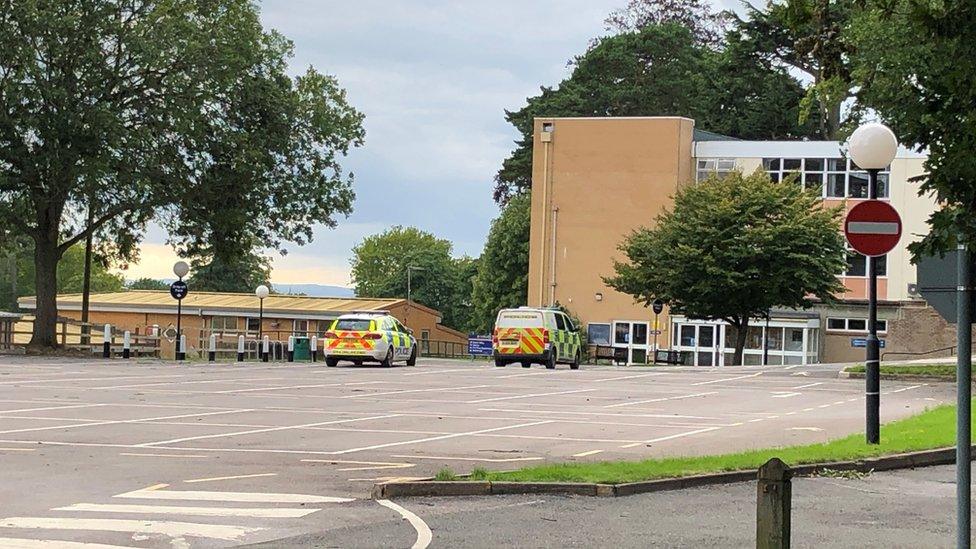
- Published24 March 2021
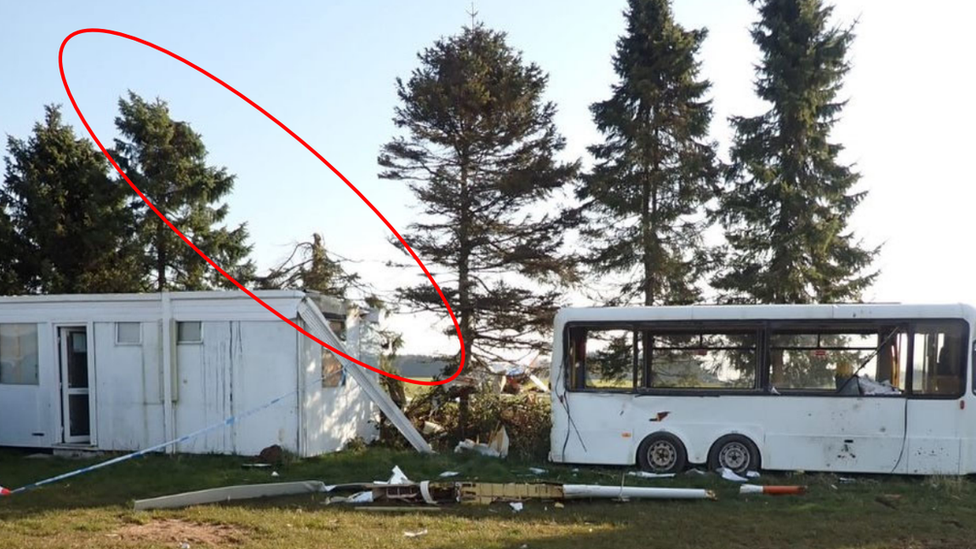
- Published15 November 2020
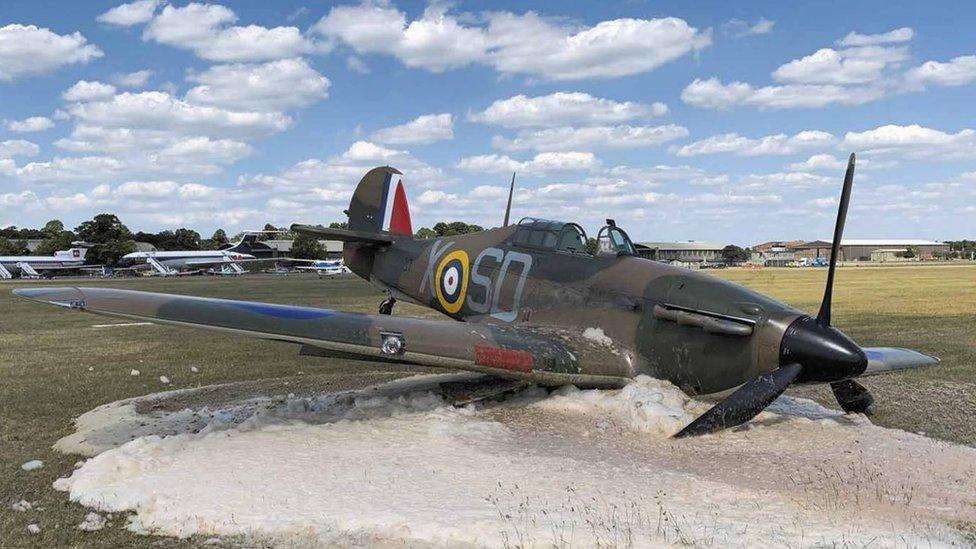
- Published13 November 2020
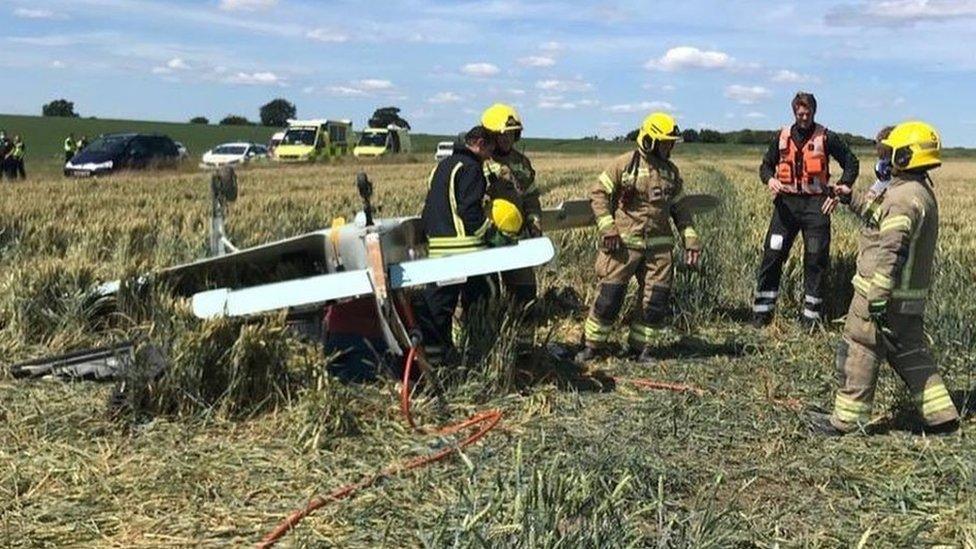
- Published28 September 2020
